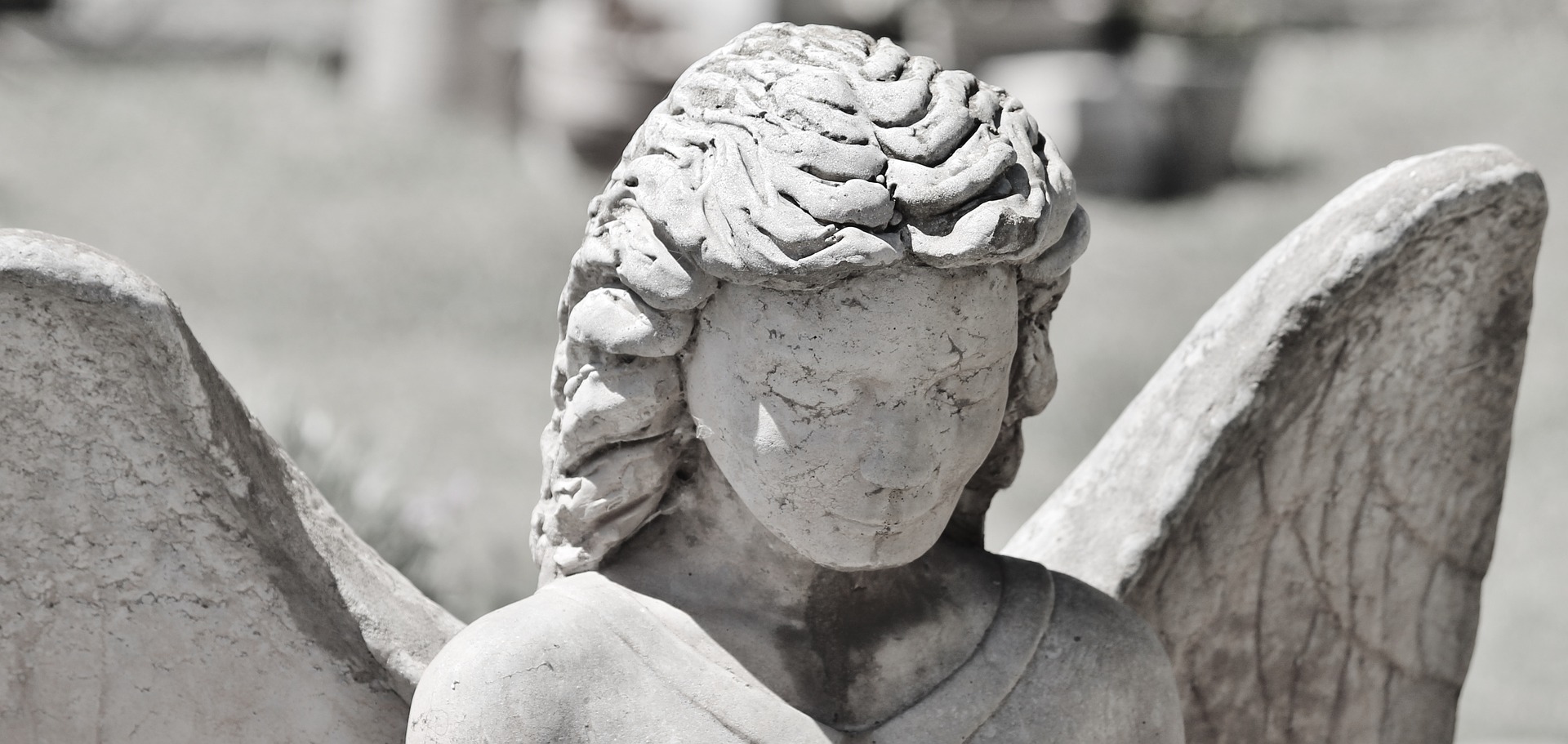Hagar Shipley Helps Me See
Joy and Matthew Steem
 “Do you ever get used to such a place?’
She laughs then, a short bitter laugh I recognize and comprehend at once.
"Do you get used to life?" she says.
—Margaret Laurence, The Stone Angel
“Do you ever get used to such a place?’
She laughs then, a short bitter laugh I recognize and comprehend at once.
"Do you get used to life?" she says.
—Margaret Laurence, The Stone Angel
Last summer a friend and I pooled together some resources to cross half an ocean and take an elderly friend of the family on a day long excursion to a tourist attraction (we did other stuff when we were there too, so don’t esteem my altruism too highly). Not adept at planning, we took great care in organizing transportation, meals, operation hours, admission costs/requirements, mobility aids etc. On the way home from our pleasant outing, my friend asked the dozing but cognitively sharp octogenarian what was one of the most important things to living a worthwhile life.
The response? “Don’t ever go into debt. Save all your money.”
That’s it.
That was her advice.
In the months that have ensued I have been thinking a lot about the expectations we place on others, particularly the elderly. When I find myself frustrated with the ones in front of me, I often reach for the ones from literature for guidance. For me, one of these fictive individuals is Hagar Shipley from Margaret Laurence’s The Stone Angel.
Canadian author and literary critic George Woodcock recounts that the staying power of great literature in general, and Margaret Laurence’s The Stone Angel in particular, is related to its ability to depict universality as well as uniqueness. In Hagar Shipley, the increasingly dependent 90 year old protagonist, he says, we recognize enough aspects of our own grandmother that we have a certain sense of familiarity. Too much familiarity though, he warns, is tedious so all good authors also establish a degree of uniqueness which draws us in.
I’m not sure I see either of my grandmothers in Hagar, nor would I particularly want to. She treats others with harsh judgement, spite, resentment and a startling lack of insight. She assumes the worst intentions and is not easily entreatable. She is in fact, as her son refers to her, “a holy terror.”
So just what is it about Hagar that I find myself being drawn to again and again? What is in the recollection of this terrifying woman that revitalizes my patience and maybe even kindness when I find myself in the extended company of the aged? Perhaps it is my sympathy to Hagar’s dogged determination to the North American ideal of freedom (which, according to Margaret Atwood and others, defines her struggle). Or maybe, as Woodcock suggests, it is the loud grumblings and rumblings humanity makes along the path of mere survival. How can this story's startling reminder of mortality, human frailty, and tendency to egoism possibly encourage gentleness?
I think, for me, it is this: Laurence has entrusted something to the embittered and feisty Hagar that I sometimes forget to concede to people labeled “other”: humanity. Laurence has created a character with foibles and flaws and a striking sense of individuality. Hagar Shipley busts through the stereotypes we often place on the elderly: she is neither sweet nor kind nor senile nor particularly sagacious in a way we recognize.
And she, just as we, when asked “does one get used to life?” must shrug. She has not gotten used to life. Life, after all, is not a pizza or a bedspread. Life is not conquerable; it is not predictable; it is usually not even understandable. It just is.
Hagar’s tale is not necessarily a cautionary one, though she does eventually recognize that she has carried the backbreaking chains of pride throughout her life which has tragically “shackled all she touched.” I’m not sure Laurence means for me to pity Hagar, just as she does not entice me to emulate her. What Laurence does do is help me see: help me see the humanity in others and the humanity in me. And, while I am looking through that view, my capacity for compassion is enlarged.